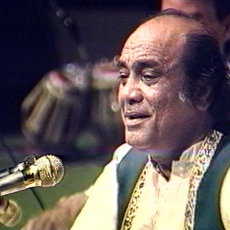I saw her in dream today.
She looked more beautiful – than she used to be; much
matured – for the first time; quite serious – a rare sight; and very
hypocritical – to my disappointment. But this change, I guess, was natural. In
fact, it had to be there. It added grace to her personality. This was what
being matured with time.
After all, she was no more a free flying, college going, and
loud laughing girl. She was no more a naïve who used to run after butterflies,
fall for the chocolates, and speak with the soft toys. She was not the same
crazy who used to collect useless things like chocolate wrappers, gift packs,
and stickers. She was changed, of course, for the larger good. She was changed
completely, even in my dreams.
And Why not, when the change being the only constant thing?
We all change with time. She shoulders a responsibility now. She has a special
status. She represents not one, but two families now. It may appear to me that
she is wearing a mask; and behind this mask of status, responsibilities and representation,
she must be the same innocent, free flying, round eyed girl. But, I may be
wrong. She might have changed from within. If it is so, then where is the girl
who used to talk endlessly, laugh openly and sing the nursery rhymes along with
the kids sweetly? She must have lost. Yes. The girl in my dreams, even if being
the same, was not the same. She was not the one for whom I used to write poems.
This thought took me ages back. Krishna was the same, in
fact more graceful, with the royal ornaments glittering on his impressively
developed persona. But, Radha, now a tired, middle-aged woman, failed to recognize
him. A strong Krishna – who punched and kicked demonic Kansa to death; an
educated Krishna – well-learned from Maharshi Sandeepani Ashram; the royal Krishna
– a newly crowned administrator of Mathura was not her Krishna. Her Krishna was
a little one with a delicate peacock feather tucked in his curly hair, a small
kid adorn with forest flowers and running behind cows, a mischievous boy who
used to run away with the curd and butter. The change in Krishna was for the
good of the entire universe, but Radha, who loved him the most, rejected the Krishna
coming from Mathura and she preferred to be with the Krishna of Gokul in her memoirs.
I realized that I have to dream again. Dream again to search
the persona in my memoirs. After all, the Krishna I want to meet in dreams is
lost. And the lost Krishna lives only in memoirs.



